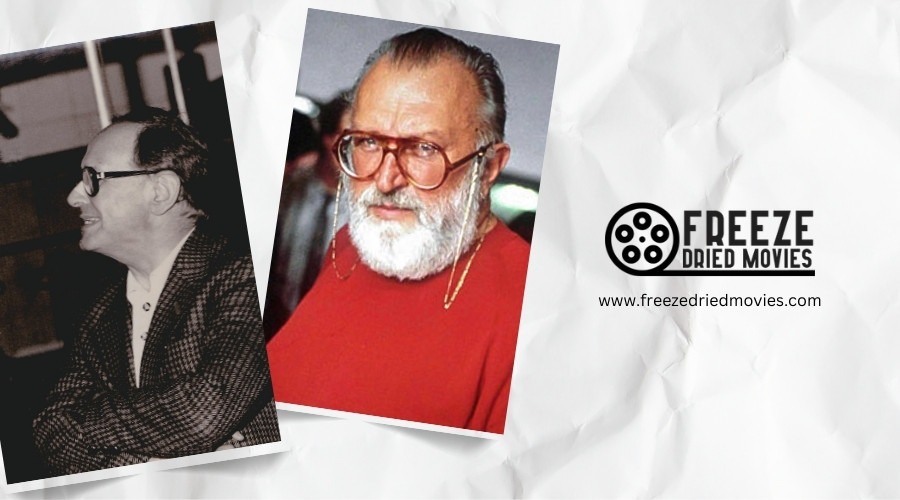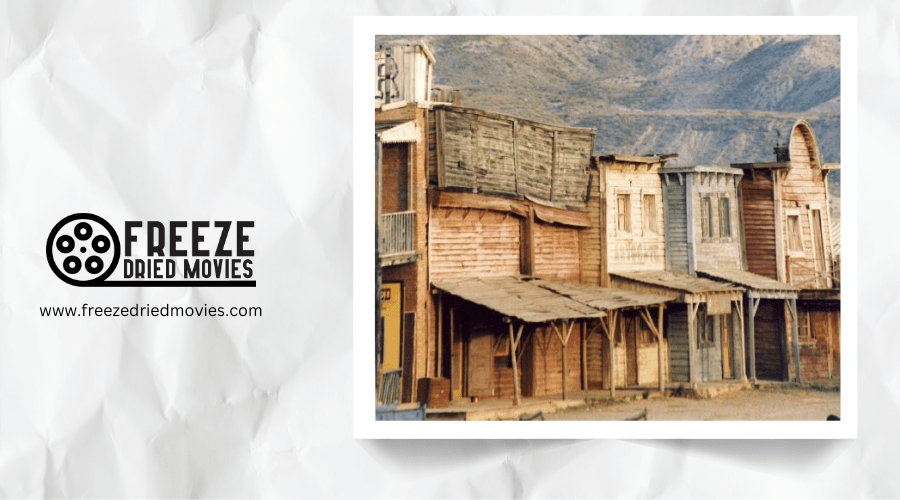Ultimate List of Must-See Spaghetti Western Trilogies

You might think you know spaghetti westerns just because you've seen "The Good, the Bad and the Ugly," but there's a whole frontier of gunslinging trilogies waiting to be discovered. From Leone's iconic Dollars trilogy to the blood-soaked Django films and the comedic Trinity series, these Italian-made westerns redefined the genre with their stylized violence, morally complex characters, and unforgettable soundtracks. Ready to explore the dusty trails beyond Clint Eastwood's squint?
The Dollars Trilogy: Leone's Masterpiece That Defined the Genre
Starting with A Fistful of Dollars (1964), Leone established the gritty visual style and morally ambiguous characters that would define the genre. For a Few Dollars More (1965) elevated the formula with bigger set pieces and compelling dynamics between Eastwood and Lee Van Cleef. The trilogy culminated in The Good, the Bad and the Ugly (1966), featuring Ennio Morricone's haunting score and unforgettable standoff sequences.
These films not only launched Eastwood to stardom but cemented Leone's legacy as the undisputed master of spaghetti westerns. Unlike the morally complex antiheroes of these films, John Wayne's portrayals in classics like The Searchers and True Grit defined the traditional American cowboy archetype of unambiguous heroism.
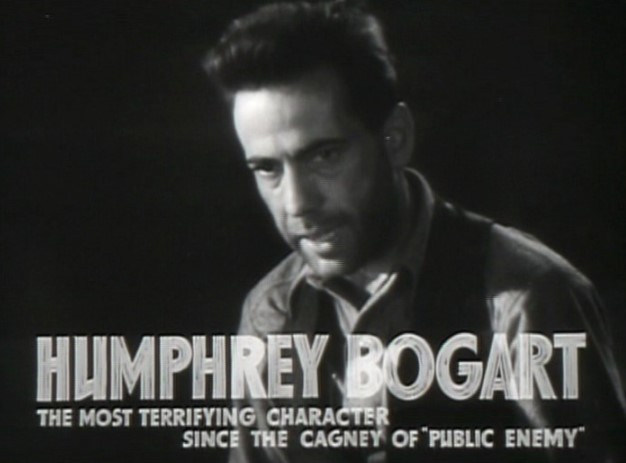
The Django Saga: Corbucci's Brutal Vision of the West
While Leone's Dollars Trilogy defined the genre's visual language, Sergio Corbucci carved out his own legacy with a darker, more brutal vision of the West.
In Django (1966), Corbucci introduced viewers to a vengeful protagonist unlike any seen before - Franco Nero's coffin-dragging antihero who embodied the Spaghetti Western's moral ambiguity. This uncompromising violence continued through unofficial sequels like Django Kill... If You Live, Shoot! (1967) and Django Strikes Again (1987).
What sets Corbucci's vision apart is his unflinching portrayal of the Western frontier as a bleak landscape where self-interest trumps justice. The moral complexity depicted in these films mirrors the film noir legacy that Humphrey Bogart helped establish with his brooding characters and nuanced performances. His films helped establish the "Zapata Western" subgenre, exploring the Mexican Revolution's impact on the lawless borderlands. For fans seeking the genre's darkest corners, Corbucci's Django saga remains essential viewing.
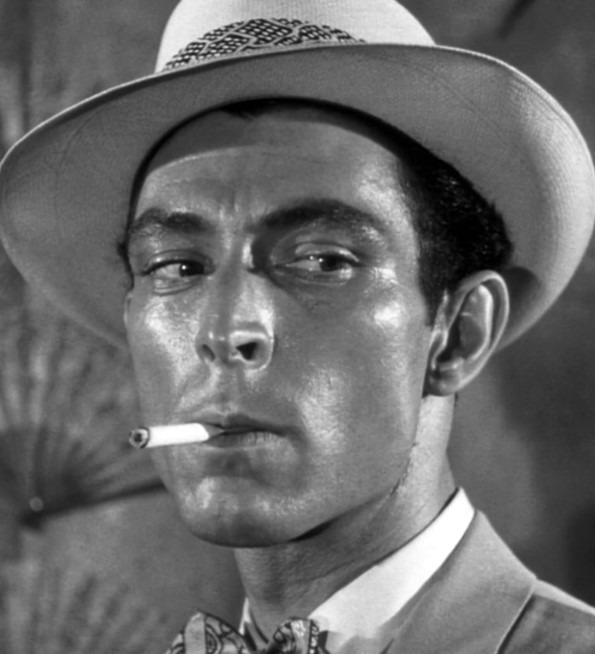
The Sabata Trilogy: Eccentric Gunfighting With Lee Van Cleef
After establishing his iconic presence in Leone's Dollars Trilogy, Lee Van Cleef found another signature role in Gianfranco Parolini's Sabata series. As the titular gunfighter, Van Cleef embodied a cynical antihero with unmatched marksmanship and his own moral code.
The trilogy—Sabata (1969), Adios, Sabata (1971), and Return of Sabata (1971)—offers a perfect blend of dark violence and humor. You'll find yourself captivated by the over-the-top action sequences and quirky supporting characters that populate Parolini's flamboyant vision of the West.
What sets these Spaghetti Western films apart is their eccentric style, combining Luis Bacalov and Franco Micalizzi's memorable musical scores with colorful visuals. If you enjoy your westerns with equal parts gunslinging action and theatrical flair, Sabata won't disappoint.
While Van Cleef's portrayal differs significantly from the rugged individualism that John Wayne perfected through his 83 Western films, both actors left an indelible mark on the Western genre.
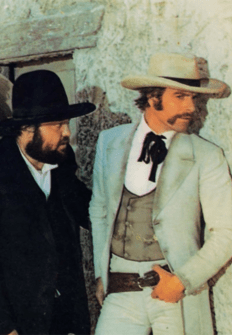
The Sartana Films: Gianni Garko's Enigmatic Gunslinger Series
Equally compelling as Van Cleef's Sabata character, Gianni Garko's Sartana represents another pinnacle of the Spaghetti Western antihero. This mysterious stranger epitomizes the Western all'italiana style with his calculating demeanor and supernatural gunfighting abilities.
If you're already familiar with Spaghetti Westerns, you'll appreciate how this bounty hunter series carved its unique niche in the genre.
The essential Sartana films include:
- "If You Meet Sartana Pray for Your Death" (1968) - The iconic introduction
- "I Am Sartana, Your Angel of Death" (1969) - Expanding the mythos
- "Have a Good Funeral, My Friend... Sartana Will Pay" (1970) - Peak gunslinging action
- "Light the Fuse... Sartana Is Coming" (1971) - The stylish penultimate entry
While director Parolini stars Lee Van Cleef elsewhere, Garko's Sartana remains unforgettable.
The Trinity Comedy Westerns: Revolutionizing the Genre With Humor
The Trinity Comedy Westerns stand as a revolutionary force that redefined the Spaghetti Western landscape in the early 1970s. While Italian directors had previously focused on gritty Dollars-style narratives, "They Call Me Trinity" introduced audiences to a stimulating alternative where humor replaced violence.
Their adventures often involved Mexican standoffs that ended not with gunfire but with hilarious brawls.
Unlike their serious counterparts, these films celebrated slapstick comedy while maintaining the genre's visual style. Their unprecedented success launched numerous imitators, proving audiences were ready for Westerns that didn't take themselves too seriously.
You'll find Terence Hill and Bud Spencer masterfully subverting traditional Western tropes through their unforgettable partnership—a lazy drifter who rides a horse dragging behind him and his burly, fist-fighting brother.
The Political Zapata Westerns: Revolution and Social Commentary
While the Trinity films brought humor to the genre, Zapata Westerns emerged as a powerful political force, transforming the spaghetti Western landscape through their unflinching examination of revolutionary themes. These films used the Mexican Revolution as a backdrop to explore deeper issues of social injustice and class struggle.
Directors like Damiano Damiani and Sergio Corbucci crafted compelling narratives featuring charismatic Mexican rebel leaders fighting against corruption. Their masterpieces include:
- A Bullet for the General - Damiani's exploration of how injustice transforms bandits into revolutionaries
- The Mercenary (1968) - Corbucci's gritty blend of action and political commentary
- Compañeros (1970) - A complex look at revolutionary alliances
- Tepepa - Examining the moral ambiguities of political violence
These films subverted traditional Western tropes, bringing unprecedented social consciousness to the genre.

